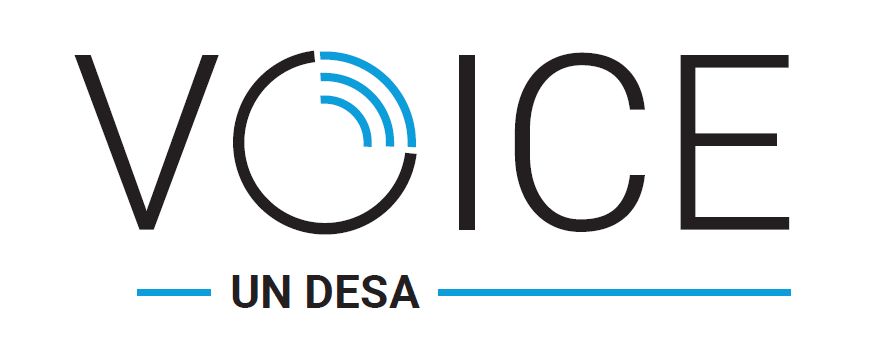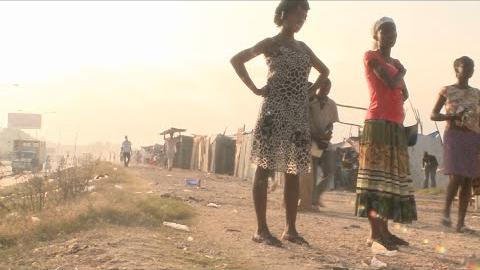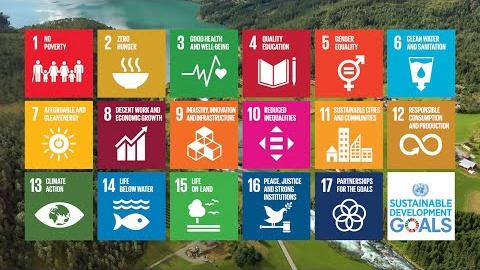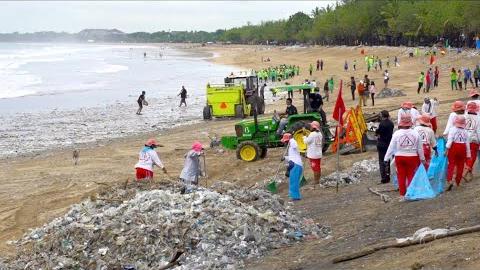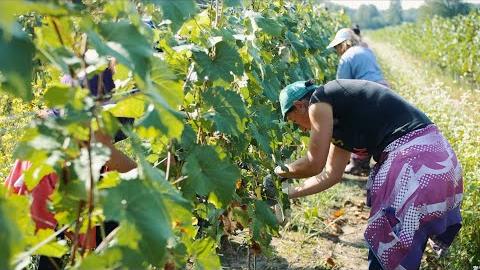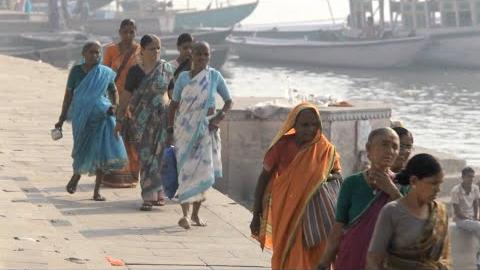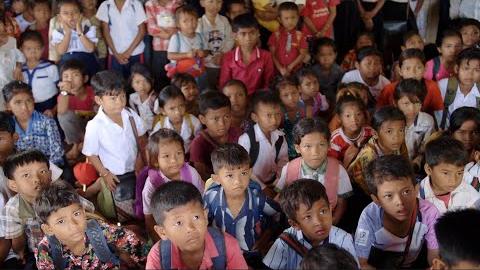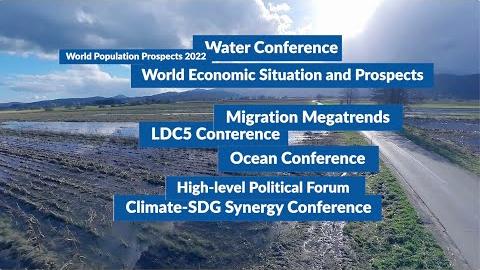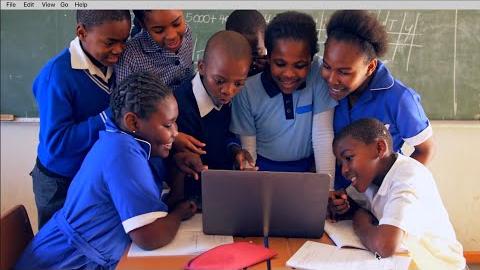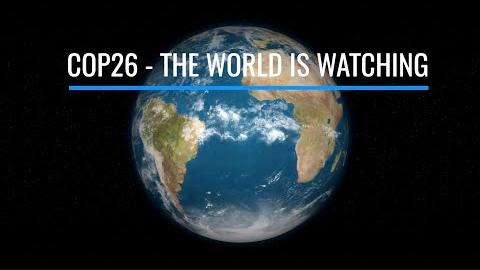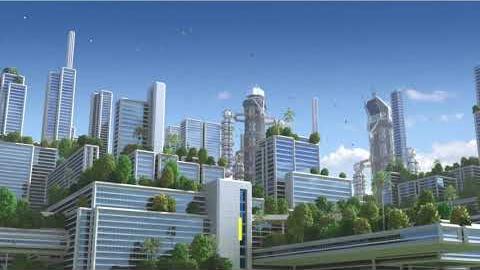UN DESA Voice is an insider's look at the United Nations in the area of economic, social and sustainable development policy. It is produced by the Strategic Planning and Communications Services of the Department of Economic and Social Affairs with articles written by UN DESA staff. This is an electronic publication - no printed edition is generated.
The current edition
January 2026
The Economic and Social Council (ECOSOC) will commemorate its 80th anniversary by holding a special event on 23 January 2026. The event will be an opportunity to celebrate the Council’s many milestone achievements in improving people’s lives around the world. “We need to reflect on the legacy of ECOSOC and reaffirm its central role in shaping a more inclusive, resilient, and forward-looking multilateral system,” says H.E. Mr. Lok Bahadur Thapa (Nepal), President of ECOSOC.
2022
It will take 286 years to close gender gaps in legal protection and remove discriminatory laws against women, 140 years for equal representation in positions of power and at least 40 years to achieve gender parity in national parliaments. These numbers are truly alarming and calls for the world’s urgent action.
So much has changed since the inaugural issue of the United Nations E-Government Survey in 2001. Back then, the Survey included assessment points that now seem firmly entrenched in the past. Fast forward to 21 years of publication, the Survey no longer measures telephone lines and televisions – instead it assesses mobile and broadband. Stay tuned for the latest edition out on 28 September.
Still recovering from the COVID-19 pandemic, the world now finds itself confronted with numerous crises on several fronts—financial shocks, the war in Ukraine, food insecurity, climate emergency and energy access, rising poverty and inequality. Years of progress in achieving many of the 17 Sustainable Development Goals (SDGs) have been all but wiped out. Thus, the need for global solidarity and international cooperation has become ever more urgent.
The time is now to scale up ocean action, for the sake of our lives and the future of our planet. This month, the global community will ‘set sail’ towards the 2022 UN Ocean Conference convened in the Portuguese capital of Lisbon on 27 June - 1 July. The stakes are high, and the ambition is to turn the tide in favor of our blue planet.
Science has pushed the boundaries of what is possible throughout history. From mapping DNA to the invention of electricity to the adoption of penicillin in modern medicine; science has shattered barriers and expanded human potential. With just eight years left to 2030, we must act now to accelerate needed transformations. Science is likely our best bet to achieve the 17 Sustainable Development Goals.
Since the Sustainable Development Goals (SDGs) were adopted in 2015, financing has been one of the key sticking points in delivering the goals by 2030—and the inequalities caused by the COVID-19 crisis have made this challenge even greater.
With the help of trusted data, our world can track progress on development targets. How is the world faring when it comes to eliminating extreme poverty, combating climate change or achieving gender equality? Reliable and timely statistics hold some of the answers. During the COVID-19 crisis, data have also played a critical role in efforts to save lives.
On 28 February to 2 March and 4 March, statisticians from across the globe will come together virtually at the UN Statistical Commission to advance this work further.
More than a third of 50 recently surveyed Nobel laureates cited “population rise / environmental degradation” as the biggest threat to humankind. Second on the list was “nuclear war”, cited by 23 per cent of the laureates, while no other issue was selected by more than 10 per cent of respondents.
Mark your calendars, clean your webcams and pack your bags – these are the eight sustainable development events you cannot miss in 2022.
2021
The year’s most important meeting on the future of Internet is gathering this month. Here is why you should take part.
From the “Black Death” epidemics of old, to the Spanish Flu of the early 20th century, humanity has experienced several pandemics in the past. However, COVID-19 is the first global pandemic to visit our “global village” – a world interconnected by the Internet.
The world’s scientists, activists, indigenous peoples, children and now even a dinosaur are all telling us that this year is a “make or break” for our planet’s climate. And the COP26 climate change conference, which just kicked off in Glasgow, must be a turning point in our pattern of greenhouse gas emissions or we risk – very literally – breaking our climate.
A farmer carrying her produce to the local market, a ship being loaded with medical supplies, a child seated on a school bus – the movement of people and goods from point A to point B, whether going from a village to a town or across a continent or ocean, shapes sustainable development.
 Welcome to the United Nations
Welcome to the United Nations
